DJI, the world’s largest consumer drone manufacturer, is vigorously defending itself against allegations that it’s selling “cloned” products through other companies to bypass U.S. federal bans. The Chinese firm addressed these claims in a detailed blog post, responding to concerns raised by U.S. lawmakers and shedding light on its business practices.
The Anzu Connection and Licensing Agreement
At the heart of the controversy is DJI’s relationship with Anzu, a US-based company selling drones ‘remarkably similar’ to DJI’s popular Mavic 3 model. DJI clarifies that it has a “non-exclusive, royalty-free technology licensing agreement” with Anzu, allowing the latter to use DJI’s hardware designs and software.
DJI emphasizes:
“This agreement gives Anzu access to DJI’s industry-leading Drone Technology, enabling them to develop, manufacture and sell their own drone products. Anzu is an independent company and is responsible for its own business operations, including sales, marketing, and customer support.”
Lawmakers’ Concerns and DJI’s Response
U.S. Representatives John Moolenaar (R-Mich.) and Raja Krishnamoorthi (D-Ill.) have raised concerns about this arrangement, citing similarities between Anzu’s Raptor T and DJI’s Mavic 3 Enterprise Thermal drones.
In response, DJI states:
“The similarities between Anzu’s products and DJI’s are a result of the licensing agreement, which allows Anzu to use DJI’s designs. This is not an attempt to circumvent any restrictions but rather a standard business practice in the technology industry.”

Clarifying the Business Relationship
DJI strongly refutes any suggestion of impropriety in its relationship with Anzu. The company explains:
“DJI does not have any ownership stake in Anzu, nor does it control Anzu’s operations. We do not receive any financial benefit from Anzu’s sales, and we do not have access to Anzu’s customer data.”
This statement directly addresses concerns about potential hidden financial arrangements or data sharing between the two companies.
Manufacturing and Compliance
Addressing questions about manufacturing locations and compliance with U.S. regulations, DJI clarifies:
“Anzu’s drones are manufactured in facilities chosen by Anzu, not by DJI. We understand that Anzu’s products are manufactured in compliance with all applicable laws and regulations, including those related to the country of origin.”
Software Development and Data Policies
Regarding the similarities in software, DJI explains:
“While Anzu’s drones use software based on DJI’s SDK, Anzu is responsible for its own software development, updates, and data policies. DJI does not have access to or control over data collected by Anzu’s drones.”
DJI’s Stance on Security and Privacy
DJI reiterates its commitment to Data Security and privacy:
“We have consistently prioritized the security and privacy of our users’ data. Our products are designed with multiple layers of data protection, and we have subjected our security measures to independent verification by respected third-party cybersecurity firms.”
Broader Implications for the Drone Industry
This controversy comes amid growing scrutiny of Chinese technology companies in the U.S. DJI faces bans from several federal departments, and proposed legislation like the Countering CCP Drones Act could further restrict sales of Chinese-manufactured drones.
DJI maintains that such restrictions are unwarranted:
“We believe that blanket restrictions based on country of origin are misguided and do not effectively address genuine security concerns. DJI has always been willing to work with regulators to demonstrate the security of our products.”
Industry Impact and Future Outlook
The outcome of this DJI-Anzu controversy could have far-reaching implications for the Drone Industry, particularly in terms of international trade, technology licensing, and national security policies.
DroneXL’s Take
This situation highlights the complex interplay between technology, international business, and national security concerns in the drone industry. As we’ve seen in recent articles about drone regulations, the regulatory landscape for drones is constantly evolving.
DJI’s detailed response provides important context to the ongoing debate. It underscores the challenges faced by international companies operating in sensitive technology sectors, especially those originating from Countries with complex geopolitical relationships with the United States.
The resolution of this issue could set important precedents for how the U.S. Government approaches technology licensing agreements and partnerships involving foreign companies, particularly in areas considered crucial for national security. It also raises questions about the balance between fostering innovation and protecting national interests in an increasingly globalized tech industry.
What are your thoughts on DJI’s explanation of its relationship with Anzu? Do you think this clarifies the situation, or do you still have concerns? Share your opinions in the comments section below.
Photo courtesy of DJI
Discover more from DroneXL
Subscribe to get the latest posts sent to your email.

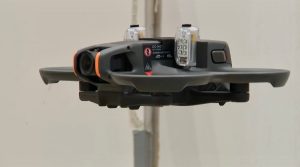
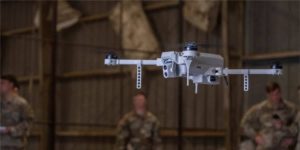
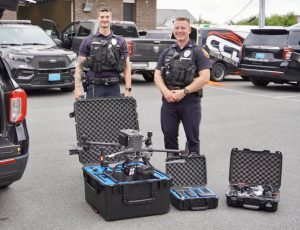




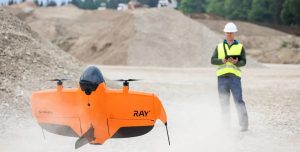
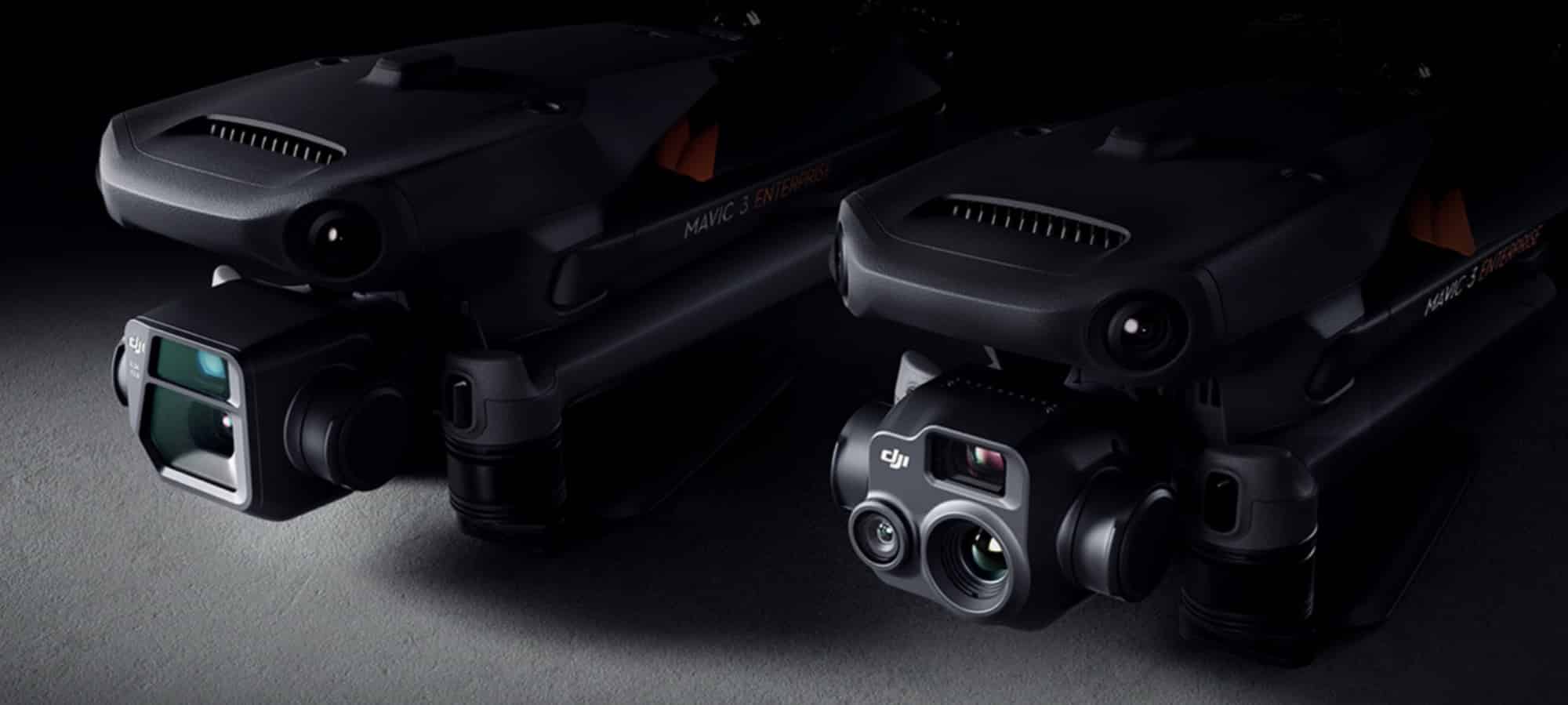

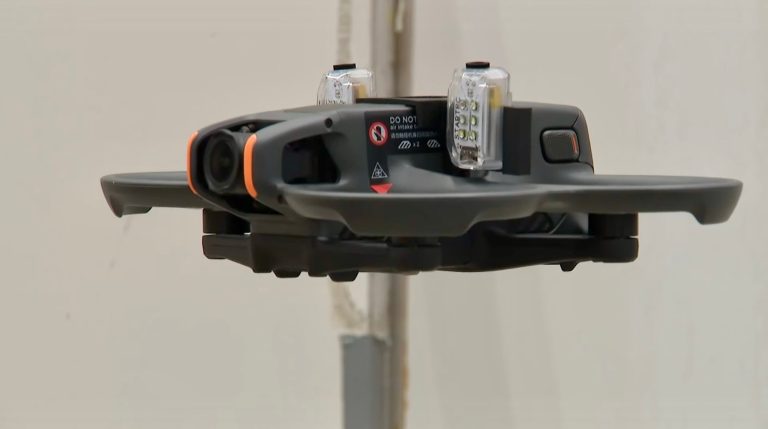
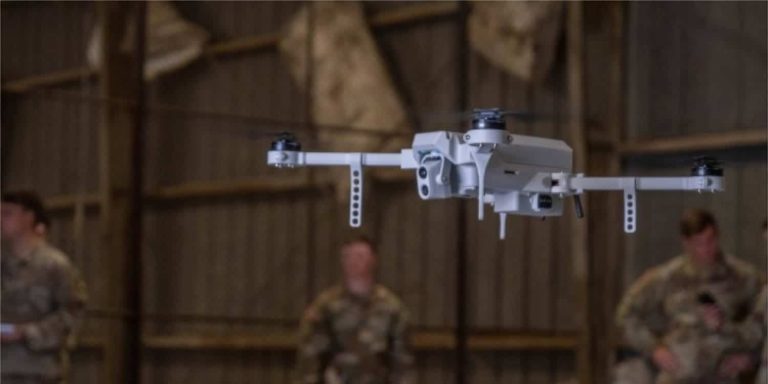

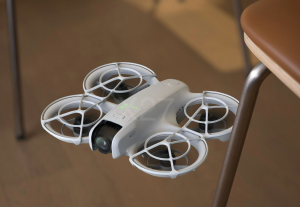
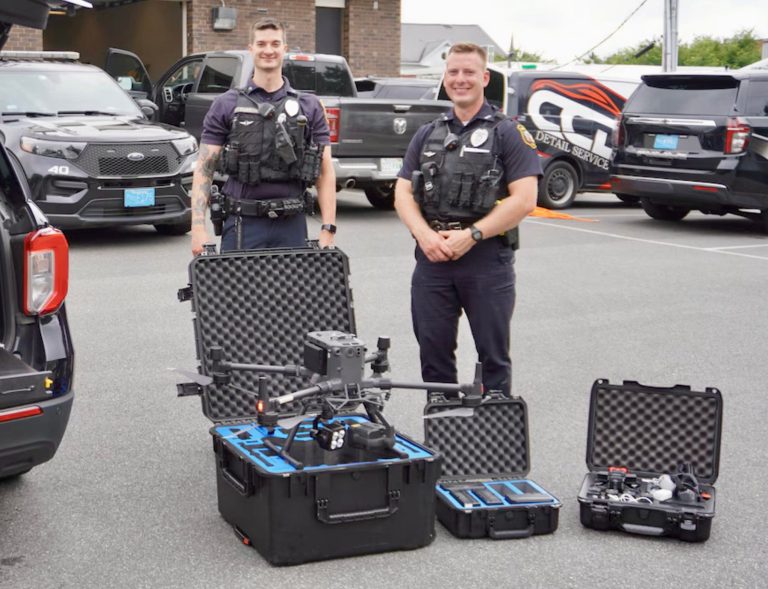




+ There are no comments
Add yours